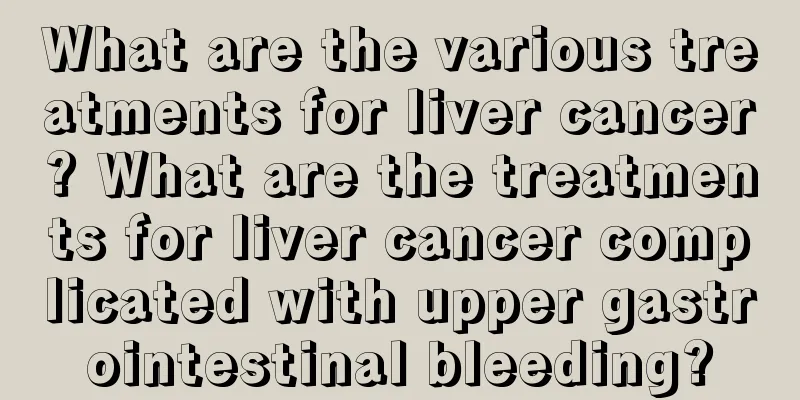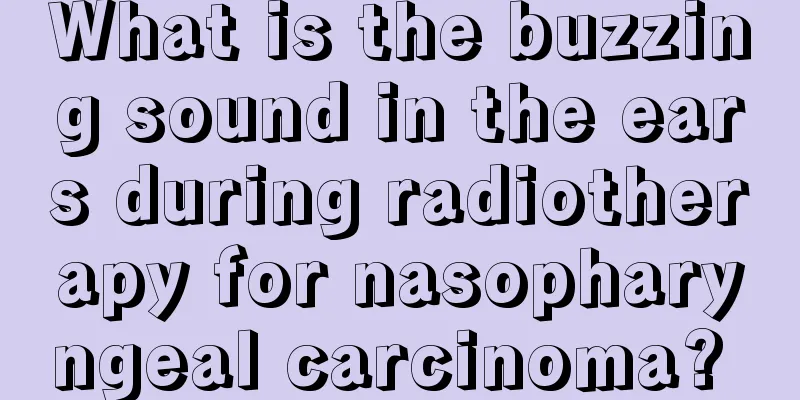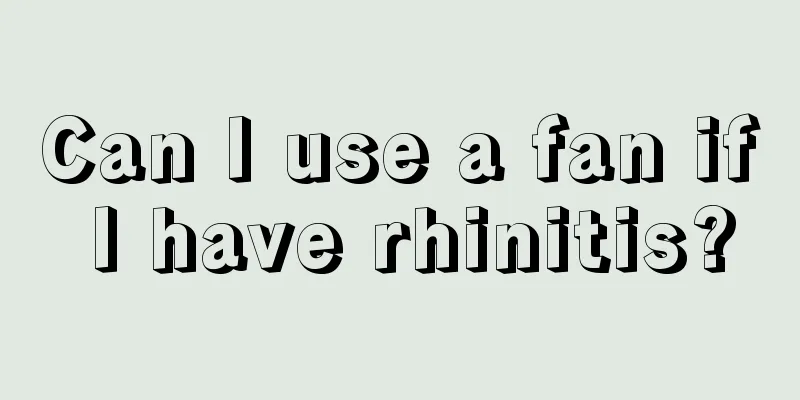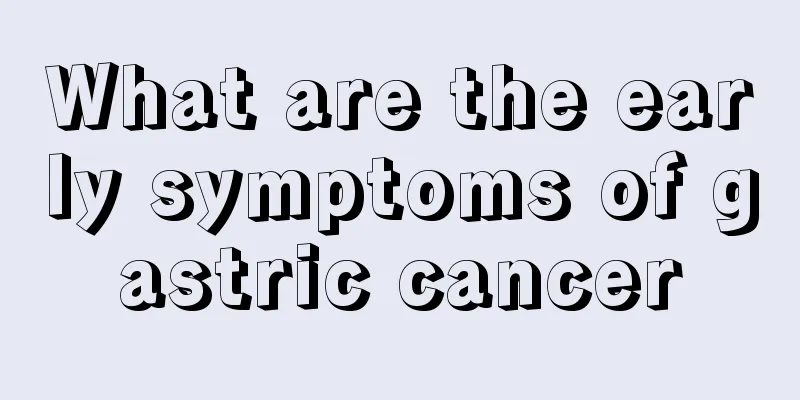What are the various treatments for liver cancer? What are the treatments for liver cancer complicated with upper gastrointestinal bleeding?

|
What are the various treatments for liver cancer? 1. Surgical treatment Surgery is still the first choice for treating liver cancer. In recent years, the early diagnosis, localization diagnosis, tumor biology and some concepts of liver cancer surgery have been updated and improved, which mainly include the following: 1. Surgical resection 2. Various local treatments during surgery for unresectable tumors: ① Intraoperative chemotherapy and ligation of the hepatic artery and portal vein; ② Chemotherapy infusion with implantable infusion pump; ③Intraoperative implantable microwave radiation therapy; ④Intraoperative cryotherapy; ⑤ Intraoperative electrochemical therapy; ⑥Tamoxifen plus liver perfusion chemotherapy; ⑦ Sequential treatment of liver cancer. 2. Radiation therapy In recent years, with the progress of research in radiation physics and radiation physiology, radiotherapy equipment has been developed, using cobalt 60 gamma rays or X-rays and high-energy rays from electron linear accelerators, and the irradiation methods and ranges for liver cancer have also been improved. From the original whole liver irradiation-local irradiation-whole liver mobile radiotherapy-surgical positioning local irradiation and hyperfractionated irradiation, the radiotherapy effect of liver cancer has been significantly improved, and the side effects have been reduced to the lowest level. It mainly includes external radiotherapy and internal radiotherapy. 3. Chemotherapy 95% of liver cancer patients have lost the chance of surgery when diagnosed, and most liver cancer patients still rely on chemotherapy. In the past, chemotherapy for liver cancer was not highly evaluated, especially systemic administration, which had little effect. In recent years, the administration route of chemotherapy has been changed, and hepatic artery chemotherapy and embolization have been performed, which has significantly improved the chemotherapy effect of liver cancer. It is currently believed that catheter chemotherapy is better than systemic combined chemotherapy, and combined chemotherapy is better than single-drug chemotherapy. Hepatic artery catheter chemotherapy is considered to be the best treatment for patients with liver cancer who are not suitable for surgery. IV. Interventional Radiology The interventional radiology technique of percutaneous superselective hepatic arterial infusion chemotherapy and embolization, which emerged in the 1980s and has developed rapidly, plays a vital role. Whether it is the treatment of early localized liver cancer or mid-to-late stage liver cancer, this interventional radiology technique is a decisive treatment method and is indispensable. 5. Immunotherapy BCG, Corynebacterium microti, levamisole, tumor vaccine, embryonic cells, thymosin, transfer factor, immune RNA, etc. have been tried in China, but none of them has achieved significant therapeutic effects. In recent years, interferon, interleukin-Ⅱ, lymphokine-activated killer cells, etc. have been widely used, which can improve the treatment effect of liver cancer to varying degrees when used alone or in combination with other therapies. 6. Anhydrous alcohol injection therapy In recent years, there have been many clinical reports on the treatment of liver cancer with anhydrous alcohol injection under B-ultrasound guidance. This treatment has a significant effect in shrinking lesions, controlling and delaying tumor growth. Since this treatment does not require special conditions, is simple to operate, has few complications, causes little pain to patients, and is low in cost, it is widely used in clinical practice. 7. Laser Dynamics Therapy Ultrasound-guided local laser irradiation of liver cancer and simultaneous injection of chemotherapy drugs have achieved good results. 8. Ultrasound-guided microwave coagulation therapy This treatment is suitable for small liver cancers. 9. Guided treatment Guided therapy uses an antibody or compound with a special affinity for liver cancer as a "carrier", or guides through physical effects such as magnetism, or through tumor vascular specific guidance such as iodized oil, and then makes a cross-linked substance with a "warhead" (radioactive nuclide, chemotherapy drug, toxic protein, BRM, etc.) that has a tumor-killing effect, in order to achieve the purpose of killing more tumors with less damage to normal tissues. Treatment of liver cancer complicated by upper gastrointestinal bleeding Patients who have been diagnosed with liver cancer, especially those with liver cirrhosis, and who have vomiting blood, black stools, blood, or hemorrhagic collapse, can be diagnosed with upper gastrointestinal bleeding. Blood routine, fecal occult blood, gastroscopy and other examinations are helpful in the diagnosis of upper gastrointestinal bleeding. 1. Medical treatment 1. General treatment: oxygen inhalation, bed rest, warm and cool liquid diet, fasting for patients with heavy bleeding; temperature, blood pressure, The pulse, respiration, heart rate, stool color, stool volume and vomiting of blood should be closely monitored. Patients with vomiting blood should lie flat without a pillow, with the head tilted to one side to prevent blood from being inhaled into the trachea and causing suffocation. 2. Emergency hemostasis (1) Three-chamber two-balloon tube compression hemostasis: It is currently the clinical treatment for esophageal varicose vein rupture caused by portal hypertension. The traditional method of deflation is an emergency hemostasis measure for patients with confirmed esophageal varicose vein rupture and bleeding, which is difficult to treat and cannot be treated immediately. It is suitable for patients with clear consciousness and good cooperation. The effective rate of this method is 50%-80%, but the re-bleeding rate after deflation is as high as 50%. (2) Oral administration of norepinephrine solution: High concentrations of norepinephrine solution in the stomach can cause the gastric mucosal arterioles to contract strongly. The drug shrinks and is metabolized in the liver through the portal vein after absorption, without systemic effects. The usual dose is 8-10 ml added to normal saline to make a 100 ml solution, preferably chilled to 40°C and taken orally every 1-2 hours, and can be changed to every 4-6 hours after bleeding is controlled. (3) Oral administration of thrombin: 500-2000U, once every 4-6 hours. (4) Cooling the stomach: It can cause the surface blood vessels of the esophagus to contract and reduce bleeding. Ice saline or ice norepinephrine can be administered orally. (ii) Surgical treatment (1) Patients whose liver function and general condition are still able to tolerate surgery but have failed non-surgical treatment; (2) Patients without jaundice or ascites, whose tumors have been removed in advance or whose tumors are small and whose liver function is compensated; (3) Patients with obvious esophageal and gastric varices before liver cancer resection are expected to be able to tolerate esophageal and gastric varices treatment surgery at the same time as liver cancer resection. Even if resection is not possible, hepatic artery catheterization chemotherapy, hepatic artery embolization therapy, or injection of anhydrous alcohol sclerosis or microwave therapy can be performed. :Carriers of the aldehyde deoxygenase 2 gene variant often experience neurological symptoms such as blushing, nausea, and tachycardia after drinking. Therefore, if you have the above symptoms after drinking, you should be vigilant, quit drinking or try to reduce your alcohol intake to prevent the occurrence of liver cancer. |
Recommend
Will it be painful to have liver cancer? These symptoms of liver cancer are the most painful
Liver cancer is a relatively serious liver diseas...
What are the fastest ways to sober up at home?
Many male friends often drink alcohol due to work...
What are the symptoms of skin cancer
Many people may not have heard much about skin ca...
How to use hair spray?
I believe that many young people have used hairsp...
The most obvious sign of colon cancer
There is usually no obvious sign of colorectal ca...
Is bladder cancer hereditary? What are the causes of bladder cancer?
Bladder cancer is not a genetic disease, but it i...
What material is good for underwear?
We wear underwear every day, no matter whether we...
Where is the best place for cartilage rhinoplasty
Before some rhinoplasty operations, doctors will ...
Why do I always have headaches?
In real life, headache is a very common physical ...
What to do if you get angry easily in summer
The Yellow Emperor's Classic of Internal Medi...
What are the benefits and hazards of Bianstone mattresses?
There are now a variety of health products on the...
Why do people get pancreatic cancer? What are the causes?
The occurrence of pancreatic cancer is mainly rel...
How to use medicine to treat neuralgia?
The treatment of neuralgia cannot be ignored. Aft...
Is esophageal cancer hereditary?
Many people know that some diseases tend to clust...
What is clove oil
I don’t know if you have heard of clove oil. I be...









